The above information was shared by experts at the seminar “Identifying and combating fake news in the AI era” organized by Tien Phong Newspaper in collaboration with Ho Chi Minh City University of Transport, with the participation of nearly 1,000 students. The program aims to equip young people with skills to identify, respond to and share information responsibly in the context of rapid development of artificial intelligence, leading to many challenges regarding cybersecurity and fake news.
Manipulated information from short videos and artificial intelligence
According to Captain Huynh Do Tan Thinh, Special Police Team, Criminal Police Department, Ho Chi Minh City Police, much fake news originates from short video platforms. Viewers consuming too much of this type of content leads to "quick but shallow thinking, easily manipulated emotions and difficulty distinguishing between truth and falsehood". Captain Thinh believes that short videos easily touch emotions but make people lazy to think, gradually get used to simplifying information, and gradually lose the ability to debate.

Captain Huynh Do Tan Thinh commented that the culture of watching mainstream news is gradually being forgotten. If in the past, the habit of the whole family watching the evening news together helped everyone update correct information and discuss social issues, now, students mainly watch short clips, surf social networks, and spend little time chatting with their parents or following the news together.
Fake news not only affects individuals or small communities but can also threaten national security, especially when subjects fake images and statements of high-ranking leaders to post online, causing negative impacts at home and abroad.
Current artificial intelligence tools allow deepfake videos to be created in just a few seconds, increasing the risk of spreading increasingly sophisticated misinformation. Some people even create fake news themselves and send it to relatives and parents, showing that awareness of fake news is still limited in the community. Captain Thinh emphasized that fake news does not only come from AI but also from human behavior of creating, editing, sharing or commenting emotionally without verification.
Mr. Vo Do Thang, Director of Athena Cyber Security Center, said that cybercriminals are taking advantage of AI technology to create deepfake products that fake images and voices to attack users' psychology. He recounted the incident of a business leader whose image was edited to defame his reputation and was threatened with blackmail of nearly one billion VND. This is not just a financial fraud but a deliberate psychological attack, carefully prepared using AI technology.
Mr. Thang warned that many young people are technologically savvy but are still easily manipulated due to emotional factors. Those who create fake news not only spread false information to attract views, but also use it to destroy the honor, reputation and career of others.
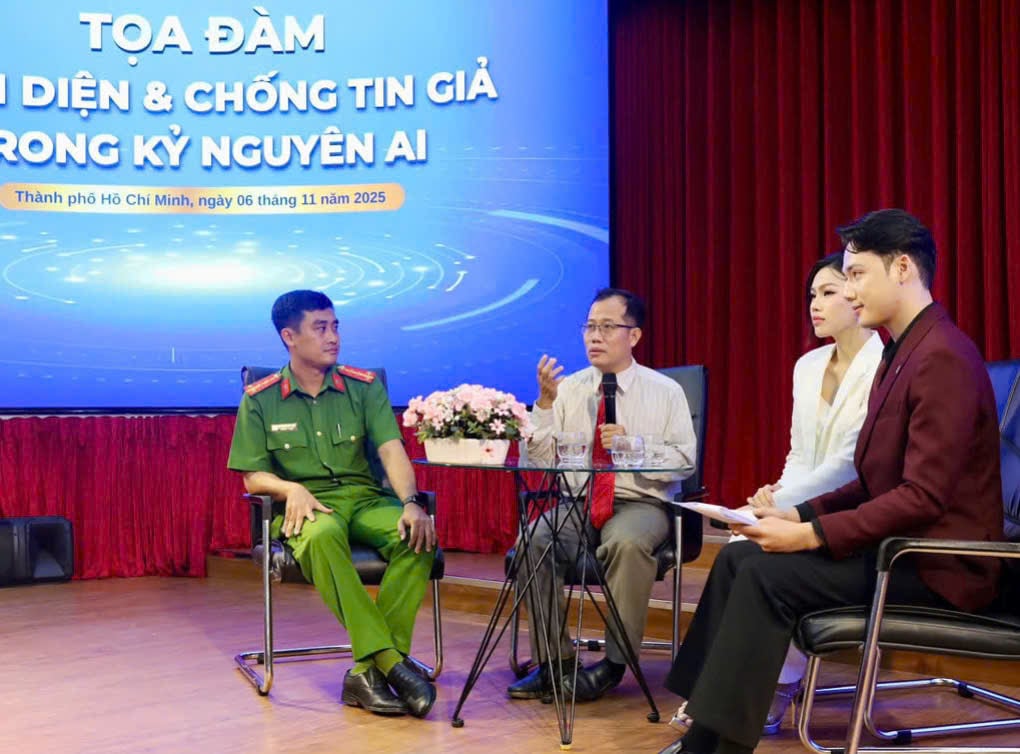
Experts say that those behind AI scams often carefully study the victim’s personal information, relationships and behavior. Once they grasp their psychological weaknesses, they continuously pressure, threaten or spread negative information to force the victim to transfer money, reveal data or perform actions that benefit them.
From his work experience, Captain Huynh Do Tan Thinh believes that the core factor in preventing and combating fake news is to raise awareness and the ability to verify information of each citizen. Captain Thinh emphasized that no matter how modern the technology is, if people know how to verify and only believe in verified sources from official press and media agencies, they will not be deceived. In addition, he recommends that people form the habit of receiving information from official sources, instead of depending on short-term social networking platforms like TikTok.
Fraudulent scenario manipulates the psychology of both parents and students
Captain Huynh Do Tan Thinh also pointed out that students are a group that easily becomes victims of fake news and high-tech scams. One of the common scenarios is the "zero-dong shipper" trick, in which bad guys send messages announcing free packages, luring students into video calls pretending to be police officers. They ask the victims to cooperate in verification, even asking them to take off all their clothes to "check", record videos, and verify their physical characteristics. After obtaining the video, the subject threatens to release the clip if the victim does not transfer about 200 million VND in "investigation fees".
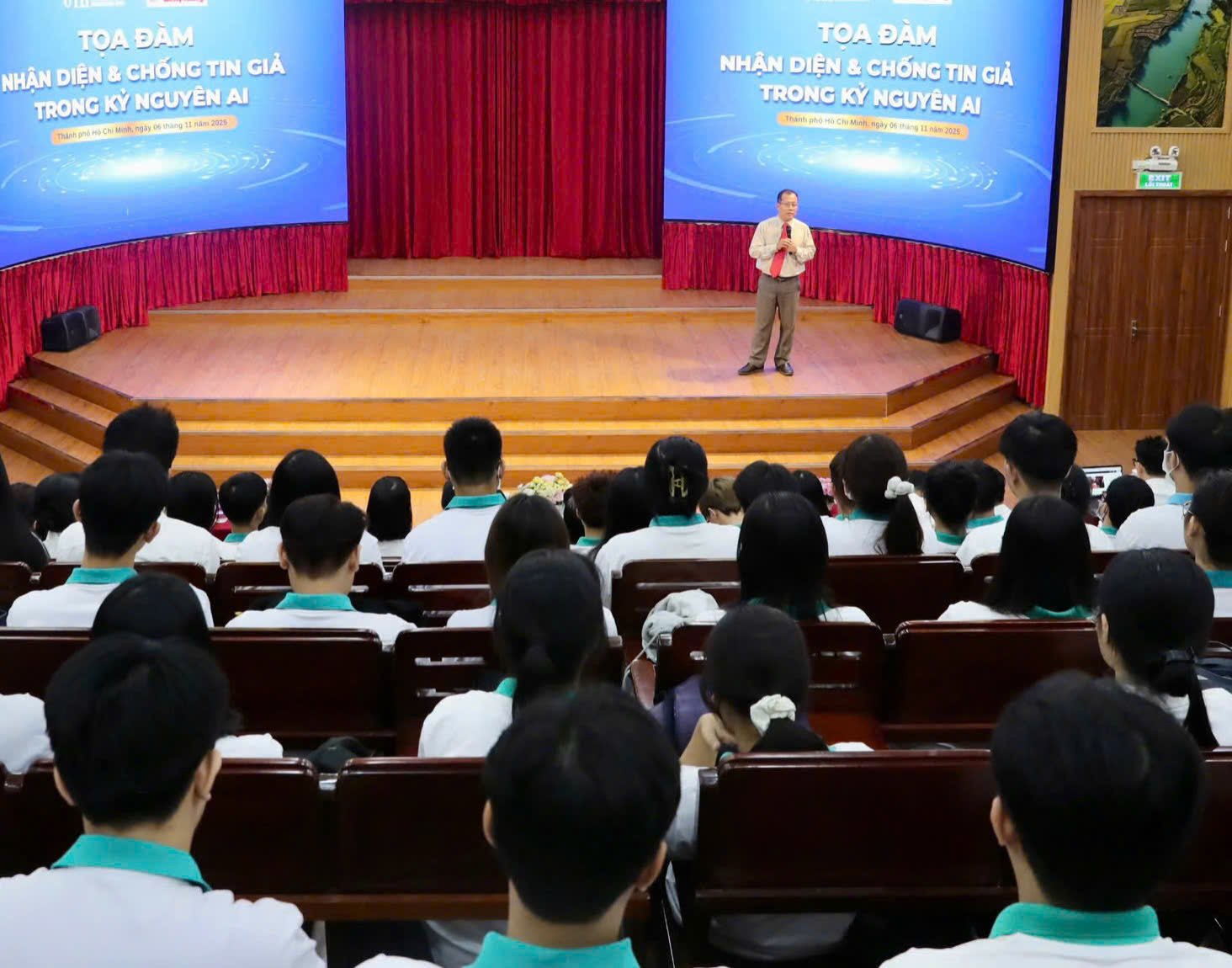
If students do not have money, they are also instructed to create situations to ask their families for money, such as making a fake video of being kidnapped, tying their hands, smearing fake blood on it, and sending it to their parents. Some students are even lured into the role of "money transfer agents" and become intermediaries in the fraud ring.
Another scenario is a fake scholarship scam. The subjects send a list of “17 secret scholarships”, asking the 18th person to pay 200 million VND to be considered. After the victim trusts and transfers money, they continue to request to upgrade the application with the condition that the account must have more than 3 billion VND, even instructing how to transfer money multiple times under 500 million VND to avoid being detected by the bank.
More seriously, there are cases of defrauding both the child and the parent at the same time. There is a case where the mother sitting next to the real police officer still does not believe it, because on the phone she is still talking to the "fake police officer" who asks for confidentiality. The subjects thoroughly exploit the emotional factors of fear, love for the child, and expectation to control the victim's spirit.
Mr. Nguyen Duc Chien, Secretary of the Youth Union of Ho Chi Minh City University of Transport, said that the school had recorded a case of fake scholarship documents. The documents were presented professionally, had logos and standard administrative language, making many students believe they were real. As soon as they were discovered, the school verified, worked with functional units and issued an urgent warning on the entire official information system.
From such incidents, the school realized that preventing and combating fake news is not just a temporary task but a long-term responsibility. Therefore, the school has implemented many programs to improve students' cognitive capacity and "increase information antibodies".
“The school has coordinated with the authorities to organize training sessions on information security skills, preventing fake news and using social networks responsibly. This content is integrated into the civic activities program at the beginning of the term," Mr. Nguyen Duc Chien added.
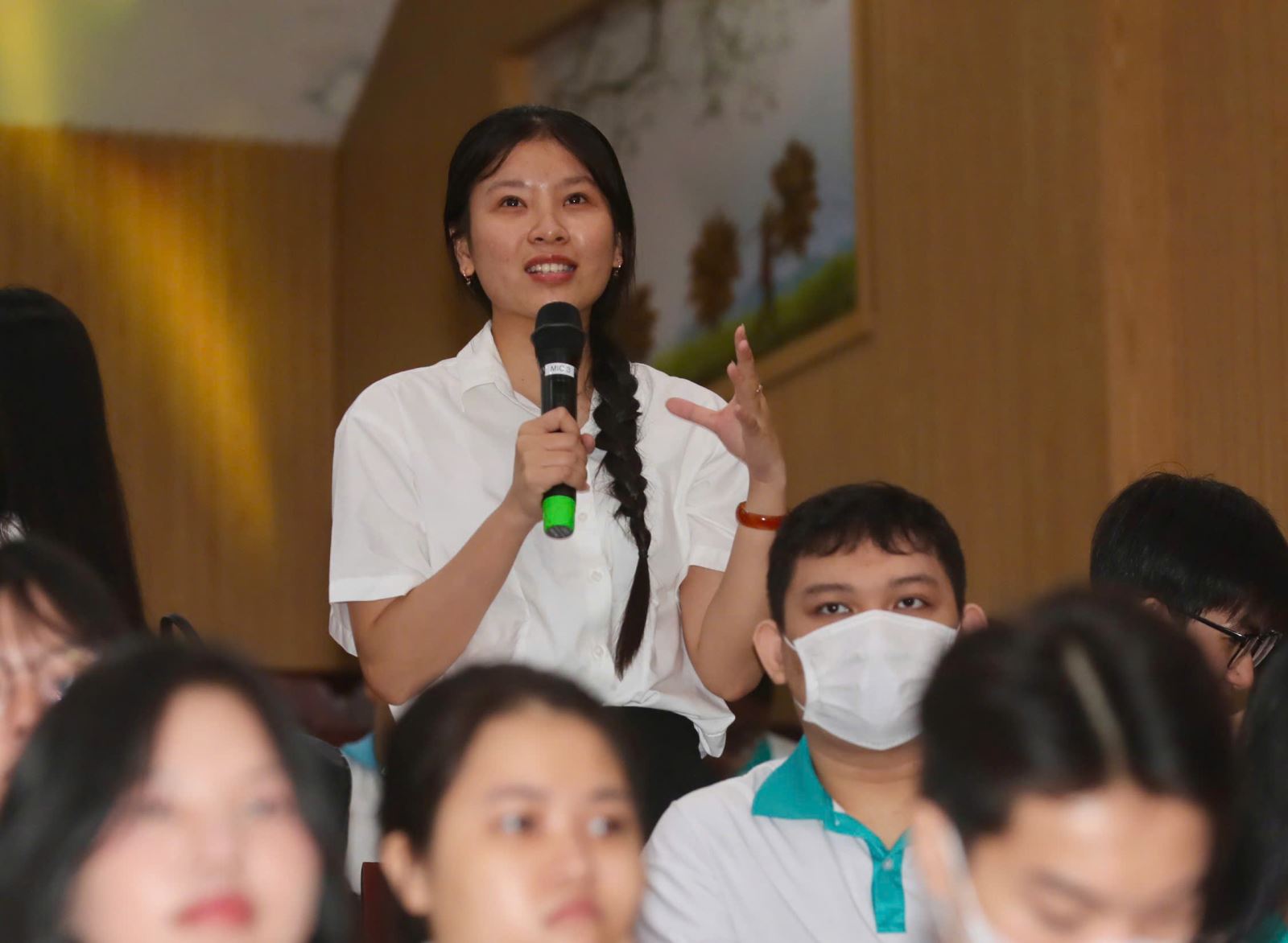
Dr. Le Quoc Tuan, Deputy Director of the Institute of Information Technology and Electrical and Electronic Engineering at Ho Chi Minh City University of Transport, said that the school has included two subjects, “Artificial Intelligence and Applications” and “Innovative Thinking” in the first-year training program. Early training helps students understand the technology, thereby being able to distinguish and apply AI properly.
Dr. Le Quoc Tuan recommends that students limit sharing private images and sounds online, because just a voice or image can be recreated almost perfectly with technology. He emphasizes the importance of using multi-layer authentication to protect accounts, and notes that the police or authorities will never call to request money transfers or personal information.
In addition, Dr. Tuan suggested that students participating in social networks should consider carefully before commenting, sharing or expressing emotions on sensitive content. Every action of “liking”, “sharing” or “commenting” is recorded by the algorithm and can be exploited to manipulate public opinion.
Mr. Vo Do Thang, Director of Athena Cyber Security Center, said that to fight fake news, each person needs to proactively create “real value” and “real news” for themselves. When having real capacity and products, individuals will have resistance to false information. He also encouraged students to take advantage of social networks to build professional channels, share knowledge, and research in their field of study, thereby creating a real capacity profile, helping to affirm their own value and attract employers.
Source: https://baotintuc.vn/van-de-quan-tam/xem-video-ngan-tren-mang-xa-hoi-lam-suy-giam-tu-duy-phan-bien-cua-gioi-tre-20251106184313636.htm








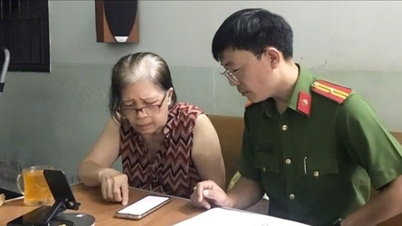

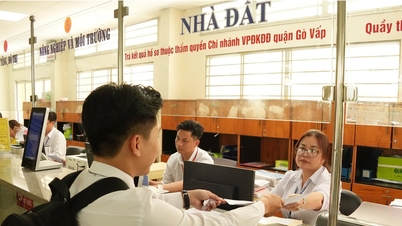


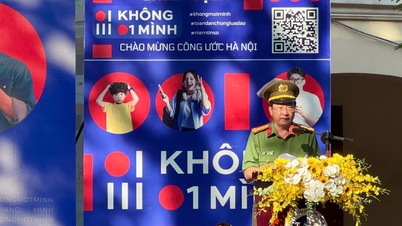
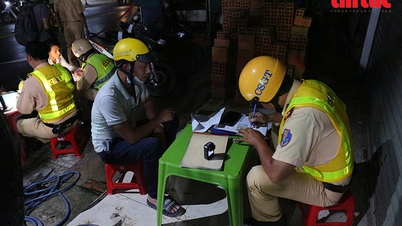





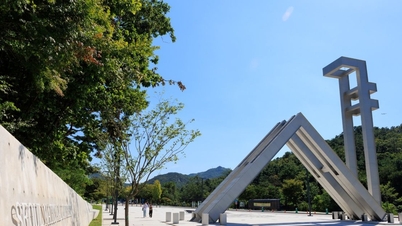



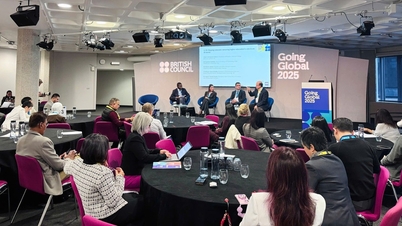

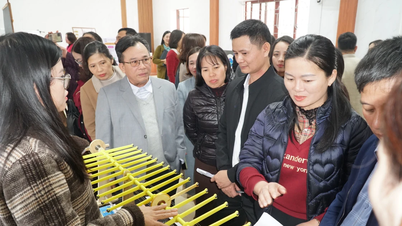






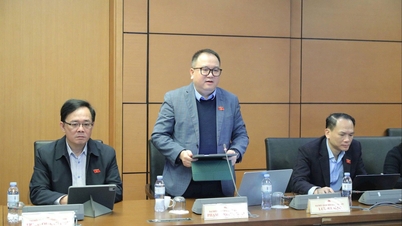


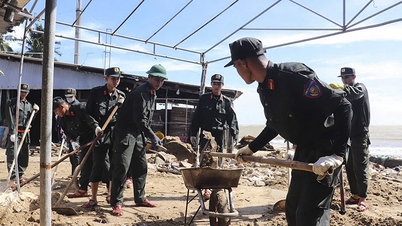

![[Photo] Da Nang: Hundreds of people join hands to clean up a vital tourist route after storm No. 13](https://vphoto.vietnam.vn/thumb/1200x675/vietnam/resource/IMAGE/2025/11/07/1762491638903_image-3-1353-jpg.webp)



















































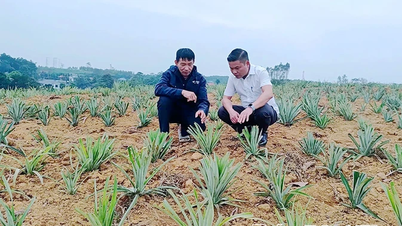

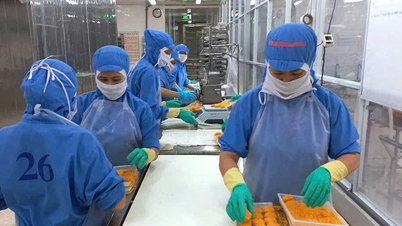





















Comment (0)